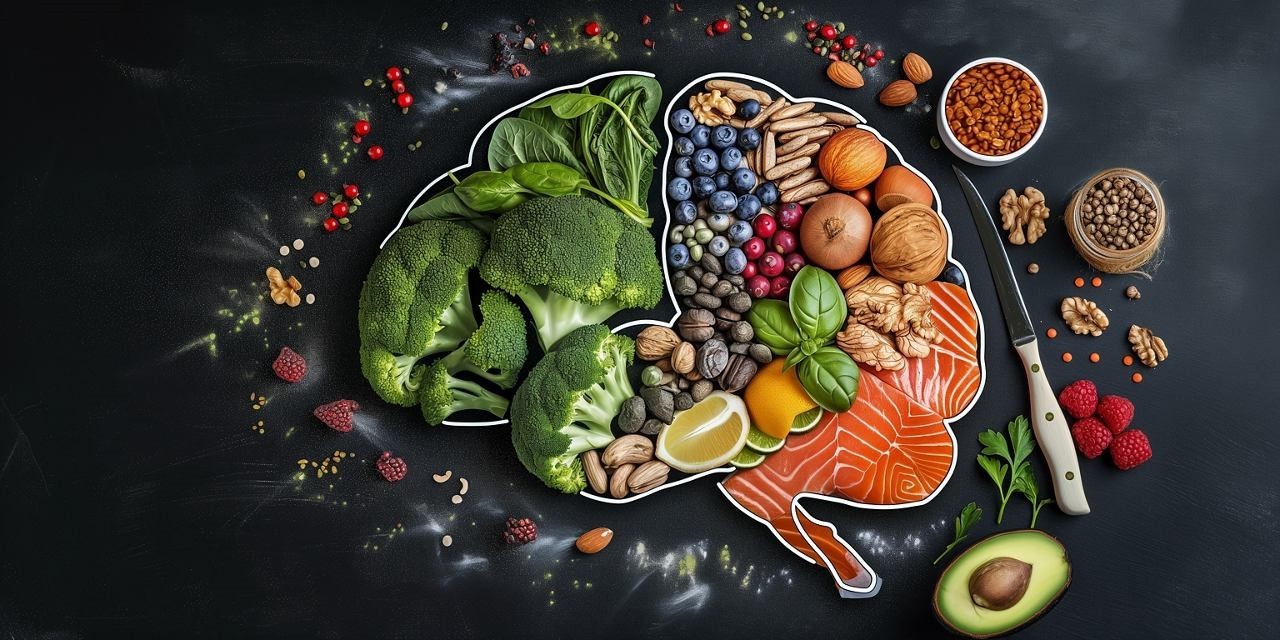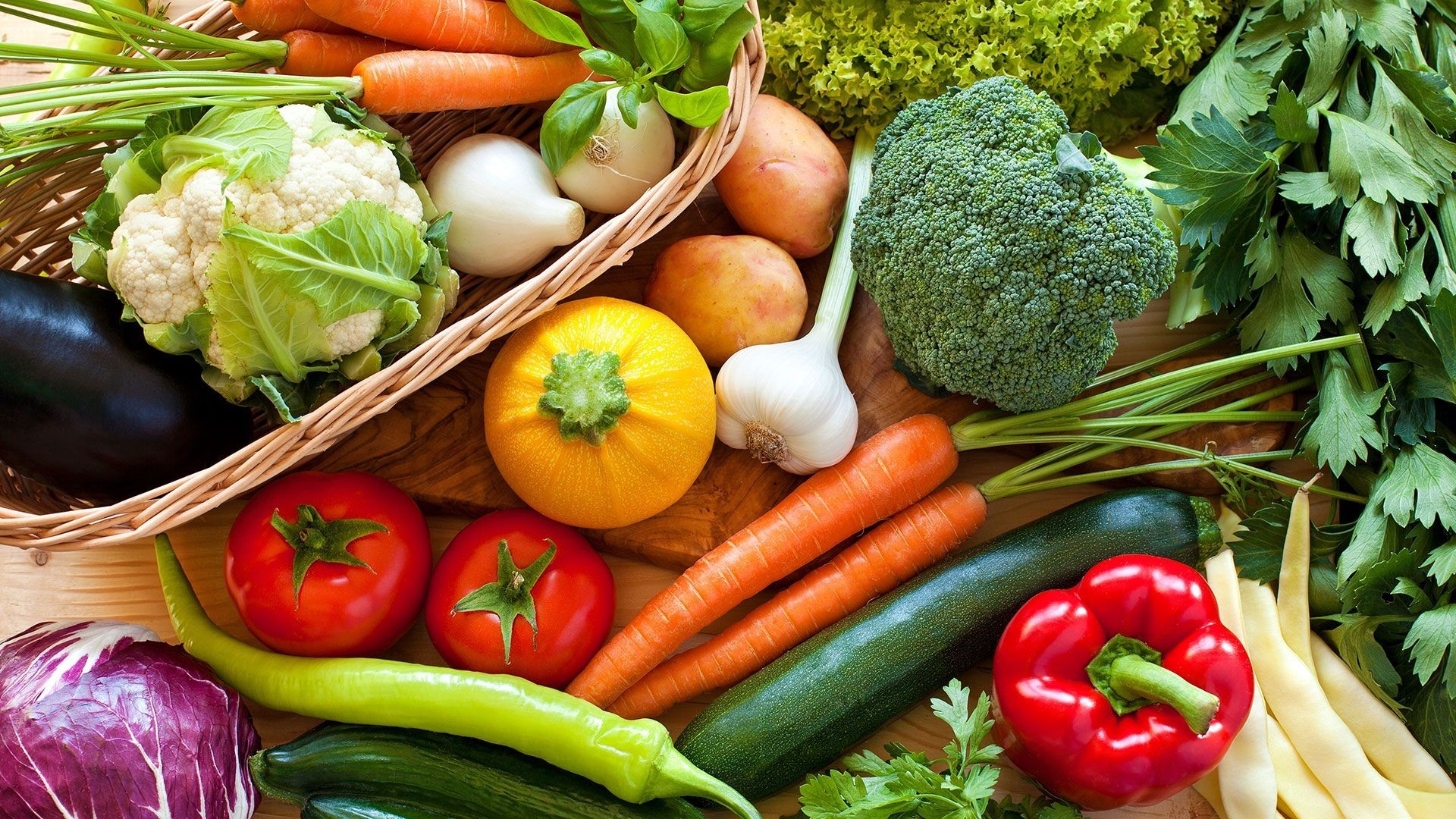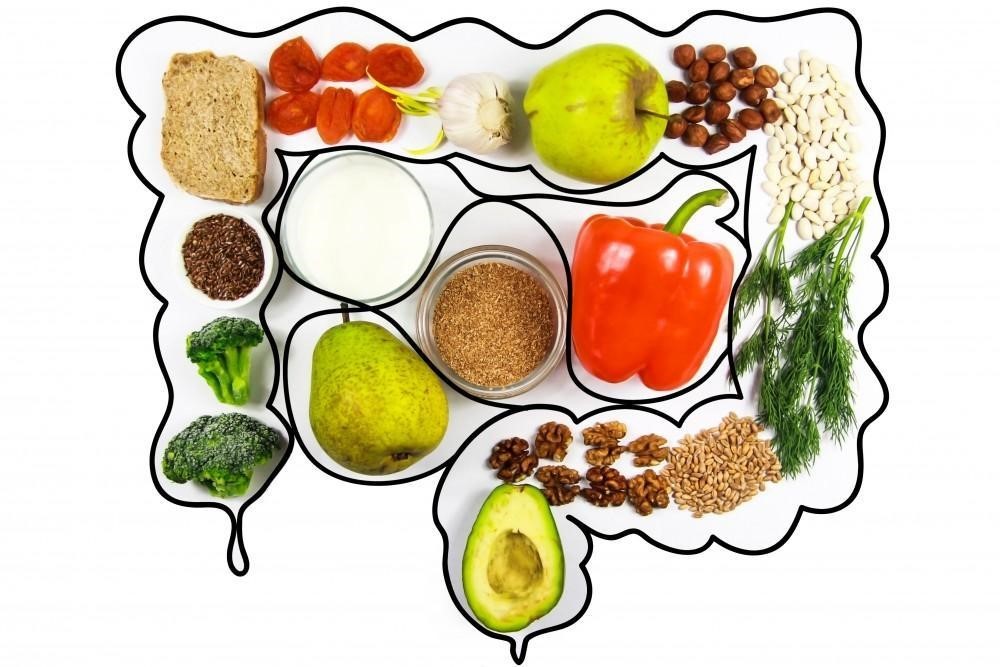
Gut Health and the Power of Vegetables: How Your Diet Shapes Your Mood and Immunity
Your gut is also called ‘second brain’ for some reasons. It not only digests food in our body, but it also communicates with our brain, and its influence is on our immune system and mood as well. Therefore, it is essential to maintain a healthy gut. The most effective ways to support gut health are through the consumption of green vegetables. The nutrients, fibre, and antioxidants present in plant-based foods work together to create a gut microbiome, which enhances immunity and overall well-being.

In this article, we will discuss the importance and connection between vegetables, gut health, mood, and immunity. And how the food you eat daily affects your body from both inside and outside.
What is gut health?
Gut health refers to the function of microorganisms in the digestive tract, collectively known as the gut microbiome. These trillions of bacteria, fungi, and microbes play a crucial role in digestion, absorption, and protection against harmful bacteria.
When gut microbes are balanced, it gives:
- Strong immunity to fight infection.
- Enhance digestion and support nutrient absorption.
- Enhance mood regulation.
- Reduce swelling in the body.

When our gut is not healthy, different problems arise, like bloating, poor immunity, mood disorders, and fatigue. This is where vegetables play a key role.
Importance of vegetables for gut health
Vegetables contain minerals, vitamins, fibre, and prebiotics that help in the production of beneficial gut bacteria and improve health.
1. Dietary fibre
Fibre plays a vital role in gut health. Vegetables contain both soluble and insoluble fibre, which feed good bacteria and help regulate bowel movements.
Soluble fibre is present in carrots and sweet potatoes; it produces short-chain fatty acids (SCFAs) that reduce inflammation.
2. Packed with prebiotics
Prebiotics are non-digestible plant fibers that our body does not digest, but they feed the beneficial bacteria in our gut. Vegetables like garlic, onion, and leek help maintain gut health because they are rich in prebiotics.
3. Natural antioxidants
Vegetables are rich in antioxidants. They help in reducing the damage caused by free radicals and keep your gut strong and healthy.
4. Anti-inflammation
Vegetables such as broccoli and brussels sprouts are rich in sulforaphane. It is a natural compound that helps your body naturally detox. This supports better gut health.
How gut health supports a healthy mind

A key fact about gut health is its connection to mental health. This is also known as the gut-brain axis. It is a two-way communication between your brain and digestive system.
About 90% of serotonin, which is a happy hormone produced in the gut.
An unhealthy gut can cause anxiety, stress, and depression.
Vegetables rich in fibre help improve neurotransmitter production, leading to a good mood.
Examples:
- Leafy vegetables provide magnesium, which helps calm the nervous system.
- Beets provide nitric oxide production that helps in improving blood flow.
- Fermented vegetables like kimchi enhance mood and cognition.
The link between gut health and immunity
Nearly 70% of our immune system is in our gut. The intestinal lining serves as a barrier, preventing harmful bacteria and toxins from entering the bloodstream. Microbes train our immune cells to distinguish between dangerous and beneficial bacteria, and they act accordingly.
These vegetables help boost the body’s defense system by:
- It strengthens our gut lining.
- It helps in regulating inflammation.
- It prevents the autoimmune system.
- Feed different microbiota that enhance immunity against different infections.
Examples:

- Like garlic and onion, which contain allicin, a natural antibacterial.
- Mushrooms help in increasing the immune system.
- Vegetables like peppers, carrots, and tomatoes help regulate the immune system. These vegetables contain vitamin C and beta-carotene, which support the defense system.
Vegetables that are best for gut health

-
Vegetables
Leafy green vegetables are rich in nutrition, magnesium, and antioxidants. They help reduce stress, improve gut health, and support immune health.
-
Cruciferous vegetables
Broccoli, cauliflower, and cabbage contain glucosinolates that aid in the body’s detoxification process and help reduce inflammation.
-
Root vegetable
Sweet potatoes, carrots, and beans aid in slow digestion and provide natural sugars that feed beneficial bacteria.
-
Allium vegetables
Onion, garlic, and shallot improve the immune system.
-
Fermented vegetables
Kimchi is a pickled vegetable that adds healthy bacteria to your gut.
-
Mushroom
All type of mushrooms helps the immune system.
How to add more vegetables to your diet
- Add spinach and mushrooms to an omelette or smoothie.
- Instead of eating chips, use carrots, cucumber slices, and chickpeas.
- Add vegetables to soups and curries.
- Use fermented vegetables like kimchi in your lunch and dinner.
- Add different vegetables to your lunch and dinner, or use them as a snack.
Habits that help in gut health

- While vegetables play a crucial role in gut health, lifestyle habits are also essential for maintaining a healthy life.
- Drink enough water to help with digestion and nutrient absorption.
- Engage in daily exercise to enhance gut health.
- Get enough sleep of at least 5-6 hours to maintain a healthy immune system.
- Engage in exercise, meditation, and yoga to reduce stress.
- Limit the use of sugar and processed food for a healthy life.
By adopting these habits, you can help improve your gut health and establish a healthy lifestyle.
Benefits of vegetables in the diet
Including vegetables in your diet helps with digestion, but there are various benefits beyond that. Here are some benefits:
- Vegetables help in reducing depression, anxiety, and stress. It maintains our mental health.
- It helps in improving immunity. Help in recovery from infections.
- Vegetables are low in calories. It helps in maintaining weight.
- It helps in preventing heart disease, diabetes, and even cancer.
- A healthy gut supports a healthy life.
Conclusion
Gut health and vegetables are closely connected to our overall health and well-being. By eating more vegetables, you can boost your immunity and improve your digestion. It balances your mood and protects your body against bacteria.
Each type of vegetable, such as leafy greens, cruciferous vegetables, and fermented vegetables, offers different benefits and helps you stay healthy. When these veggies are paired with a nutritious diet, they provide additional benefits and support gut health.










